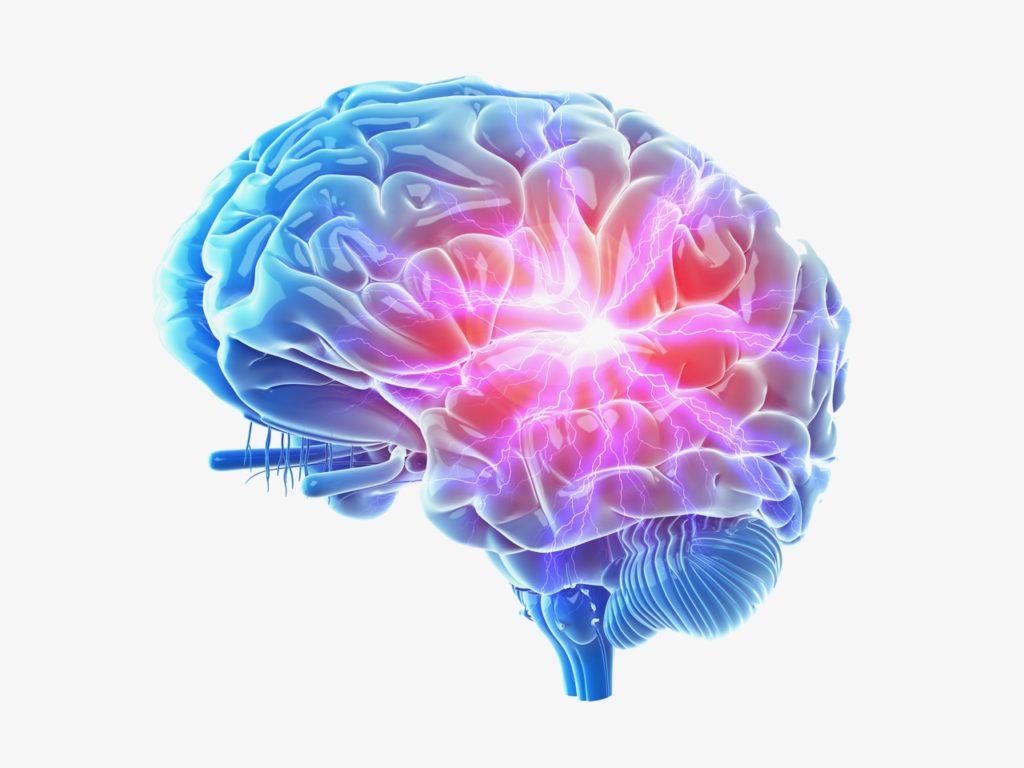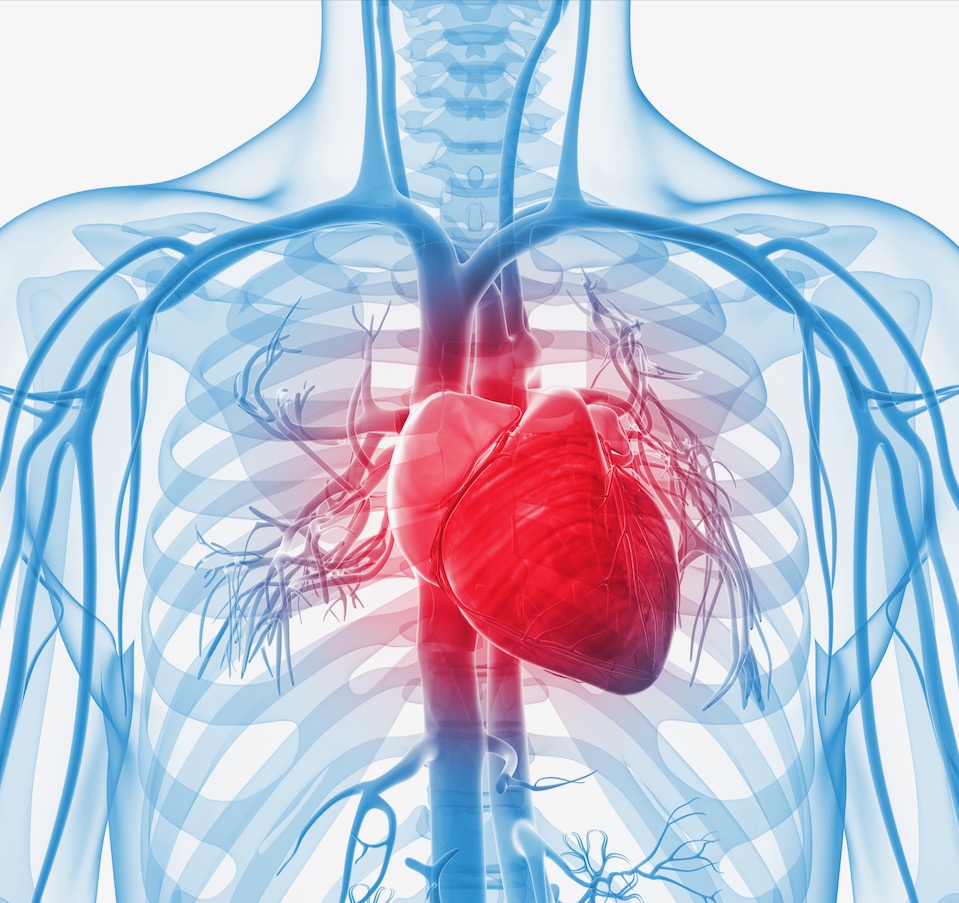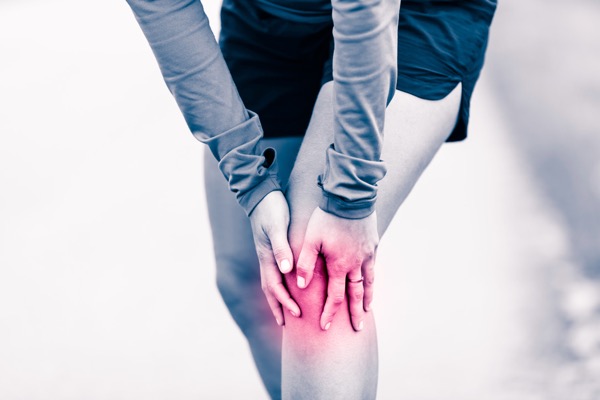Top 8 Benefits of Exercise
Ok so we know exercise is good for us but did you really know how beneficial it is for our health now and long term? Regular exercise can have profound effects on our health and improve longevity so if you need more reason to get up and move here are top 10 benefits to consider.
Brain Performance

Concerned about keeping your brain healthy as you get older?
Exercise boosts BDNF which is like miracle grow for your brain enhancing learning, and protects against cognitive decline. For example one study found that three 60 minute sessions of moderate physical activity per week increased memory. This may also be linked to improved blood flow and circulation to areas of the brain. In fact another study showed that as you get older if you do aerobic exercise regularly you have bigger brains!
It is just as important for children too as it can help support their developing brain and improving cognitive function.
Heart Health

There are a number of studies showing the link between regular exercise and improved cardiovascular health. It appears to improve lipid health and in particular raising levels of protective HDL. Walking for example has been shown to be beneficial reducing the risk of strokes and heart disease.
Diabetes
Both aerobic and strength training has been shown to decrease the risk of developing type 2 diabetes. Every 500kcal burned per week through exercise (which is only 1-2 hours of walking) decreases your risk by 6%.
One way it appears to help is by improving insulin sensitivity. It is also helpful in avoiding weight gain too. Taking part in moderate physical activity of 150 minutes or more per week appears particularly beneficial. If you are not keen on aerobic exercise then don’t worry – resistance training is equally if not more beneficial.
Mental Health

One of the best ways to reduce low mood, depression and anxiety is to undertake regular exercise. Both aerobic and weight training has been shown to studies to be effective. One of the reasons it appears to help is by modulating our stress response which can be linked to both depression and anxiety. Exercise appears to help for all ages too – studies have looked at college students and the elderly and physical activity helps reduce the adverse effects of stress.
Improves Sleep

This is a strong link between anxiety, stress, depression and poor sleep so one of the ways exercise can boost your sleep is through reducing the adverse effects of stress. Poor sleep is often linked to dysregulated circadian rhythm and there is evidence that exercise may help rebalance your circadian rhythm. Simply walking daily can be beneficial but avoid working out close to bedtime as this may have the reverse effect.
Bone Health

Weight bearing exercise has long been recommended to support bone health particularly as we get older. Running, walking or weight training are examples. I am a big fan of weight training for women post menopause for this reason and there is good research to support its benefits.
Weight Loss / Body Composition
So you cannot exercise your way out of a bad diet but for many who are looking to improve their body composition this is the missing link. Exercise not only burns calories but hard exercise for 45 minutes has found to increase metabolism with the effects lasting for 14 hours post exercise.
Exercise can also increase your muscle mass which in turn helps boost your basal metabolic rate. Remember as we get older we lose muscle if we don’t take active steps to prevent this. Exercise can reduce this loss. So keep exercising as you get older to improve strength, body composition and muscle mass.
Joint and Back Pain

If you struggle with ongoing joint or back pain the last thing you may want to do is exercise. However studies suggest regular exercise can reduce and prevent ongoing pain. Even if you have been diagnosed with arthritis regular exercise can be very effective in helping your symptoms. Choose something you feel comfortable – water exercises can be particularly useful and always seek professional advice.

